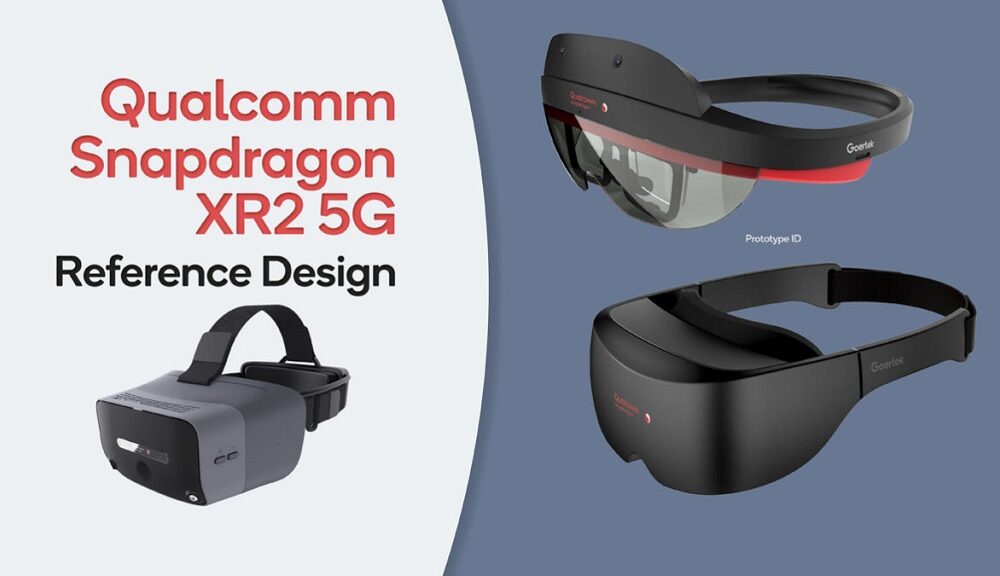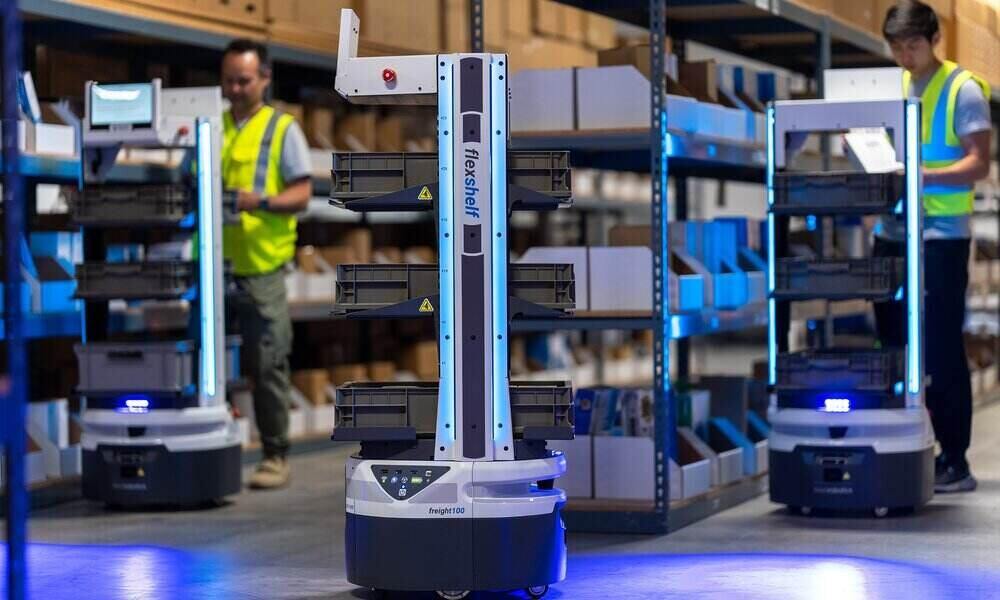
Two tech giants, Qualcomm and Meta, have struck a major deal that aims to manufacture custom chips for virtual reality. As you may have imagined, the first will be the one that will deal with development and design of those chips, and the second will be the one that will buy them to use them in their virtual reality kits. This movement has been announced taking advantage of the IFA 2022 framework, one of the most important events of the year.
Although Qualcomm will be in charge of the R&D process, it is confirmed that there will be engineers from both companies working on the development of said chips, and we know that in the end the basis of these will be the Snapdragon platform, present in many smartphones both mid-range and high-end. It is not yet clear to what extent both companies will be able to specialize said platform, nor the specific improvements that they will introduce to optimize it for its introduction in virtual reality platforms, so we have no choice but to wait.
Tyler Yee, a spokesman for Meta, has confirmed that the chips will be specifically optimized to integrate with Meta’s Quest VR systems. The most advanced model currently marketed by the company is the Quest 2, which is equipped with a Qualcomm Snapdragon XR2 chip and is configured with an 8-core Kryo 585 CPU and an Adreno 650 GPU.
Mark Zuckerberg, CEO of Meta, has commented on this issue that:
“Unlike mobile phones, building virtual reality systems brings new multidimensional challenges in spatial computing, cost, and form factor. We are still in the very early stages of the metaverse and this kind of deep technical integration will help VR become a multifunctional computing platform«.
It is clear that this agreement has not been by chance. Zuckerberg wants to promote the metaverse, and to achieve this he is aware that he needs to have a hardware platform that is not only capable of providing the necessary power to execute that “alternate reality”, but must also be able to do so in an affordable way, And it would not make sense to limit the availability of the metaverse to extremely expensive virtual reality kits. Its adoption would end up being very slow, and this could end up leading to a resounding failure. It goes without saying that the consequences that all this could have for Meta would be terrible.
Nevertheless, Meta has confirmed that it will continue to develop its own chipsand that this agreement only covers virtual reality devices.



